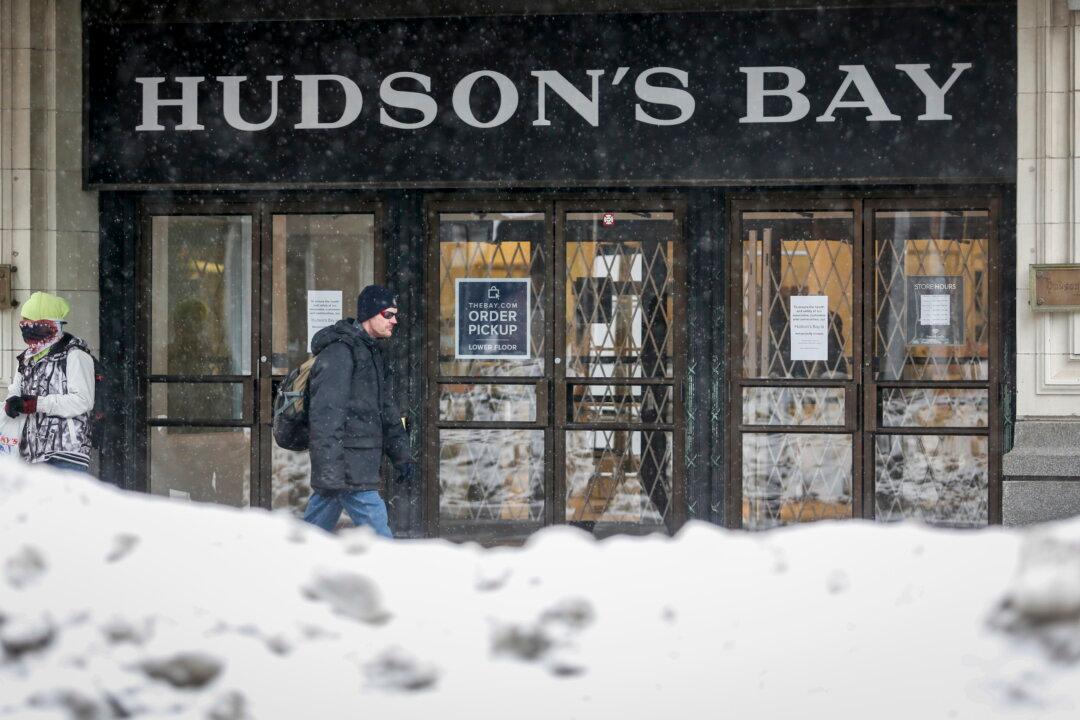Restrictions to slow the spread of COVID-19 in various provinces have led some business, churches, and individuals who see the measures as unfair to resort to legal action, with mixed results.
In Ontario, Canadian Appliance Source challenged the COVID-19 restrictions that have closed seven of its locations in Vaughn, York, and Toronto, but it had its case dismissed by the Ontario Superior Court.





